We’ve been including a Top 25 in our Gameday on Rocky Top preseason magazine for a couple of years now. Last year, our biggest miss was Florida State (preseason No. 4), which lost its quarterback in the first game and finished only 7-6. We also missed on Michigan (preseason No. 15), Louisville (preseason No. 16), Texas (preseason No. 18), and West Virginia (preseason No. 20), and no team that we ranked outside of the Top 20 actually finished in the Top 25.
But . . . we actually did pretty well as far as these things go. Most of our Top 10 finished the season in the Top 12, and with the exception of FSU, those that didn’t weren’t too far off at No. 16 (Washington, preseason No. 8), No. 14 (Oklahoma State, preseason No. 9), and No. 18 (LSU, preseason No. 10).
Here’s our preseason Top 25 for the upcoming 2018 season, as we published it in the magazine but with some updated comments in italics.
1. Alabama Crimson Tide
Alabama seems to have developed an immunity to the kind of attrition that usually destroys other programs. Its inoculation is a cocktail of elite coaching and elite recruiting.
So yeah, there’s a competition at quarterback between Jalen Hurts, who got them to the national championship, and Tua Tagovailoa, who won it. [UPDATE: It’s looking like Tagovailoa is going to be the guy.] And they lose three starting receivers and a running back.
And yes, it’s even worse on defense. Yada, yada, yada.
But as always, there’s plenty of talent on the sideline, so they’ll not only be fine, they’ll thrive.
Saban does have a new offensive coordinator and will be entrusting his prized defense to the team’s third new defensive coordinator in four years, so if there’s a vulnerability, maybe it’s there.
But with Damien Harris at running back, a talented receiving corps, an experienced offensive line, and a defense as salty as ever, expect Alabama to hit a speed bump and then still arrive at College Football Playoff again anyway.
2. Ohio State Buckeyes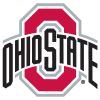
Urban Meyer has things rolling in Columbus, having won at least 11 games in each of his six seasons as a Buckeye. His challenge heading into the 2018 season is the same as it always is – find the right talent on the roster to replace the talent departing.
The greatest challenge this season is replacing quarterback J.T. Barrett, but the offensive line also loses two All-Americans, and the defense loses its share of guys, too.
The competition to replace Barrett is between Dwayne Haskins, Joe Burrow [UPDATE: Burrow is transferring to LSU], and Tate Martell, but Haskins appears to have the edge in the early running to take the reins as a sophomore. Whoever wins will have the luxury of a solid supporting cast with running back J.K. Dobbins and the top six receivers all returning.
This year’s schedule includes road trips to Penn State, Michigan State, and Purdue, and an out-of-conference contest with TCU. But the Buckeyes appear to be the favorites to win the Big 10 this fall.
3. Clemson Tigers
Like Nick Saban and Urban Meyer, Dabo Swinney is quickly becoming a master of managing team attrition by way of elite recruiting. He’s having to contend with early departures to the NFL again this year, but his cupboard is well-stocked.
The best news for Swinney, though, is that his offense doesn’t require much re-stocking this fall. Quarterback Kelly Bryant returns, as do running backs Travis Etienne and Tavien Feaster. The receiving corps may be the best in the nation, with Hunter Renfrow, Tee Higgins, and Amari Rodgers all returning. The offensive line is missing three starters, but Mitch Hyatt is back to keep things under control.
The defense will have to re-tool a bit, but it will do so around star defensive tackle Dexter Lawrence.
The schedule includes road trips to Florida State and out-of-conference opponent Texas A&M, but isn’t particularly problematic, and Clemson is the favorite to win its fourth consecutive ACC title this season.
4. Georgia Bulldogs
In Kirby Smart’s second year, he had his Georgia Bulldogs team just one play away from winning it all, but what they couldn’t finish on the field, they finished on the recruiting trail, knocking Alabama out of the top spot in the recruiting rankings.
Nick Chubb and Sony Michel are gone, but Georgia stands ready to unleash a three-headed monster at running back in D’Andre Swift, Brian Herrien, and Elijah Holyfield. Jake Fromm is back at quarterback, and although they lose receiver Javon Wims, they return Terry Godwin and Mecole Hardman.
On defense, the Bulldogs will miss Butkus Award Winner Roquan Smith and a bushel full of other terrific players, but can choose their replacements from among a large group of talent.
The Bulldogs have questions, but they also have answers, so we expect Georgia to represent the SEC East in Atlanta again this fall.
5. Washington Huskies
Chris Petersen’s Huskies have won 10 and 12 games each of the past two seasons and seem like they could take that final step into greatness this fall.
Any departures from last year’s team are offset by the return of Jake Browning, who is back for his senior season as a four-year starter. He’ll be joined by running back Myles Gaskin, who’s had three consecutive 1,000-yard seasons, and fellow back Salvon Ahmed. The receiving corps returns Chico McClatcher and tight end Hunter Bryant, and the line returns Trey Adams.
On defense, the key guys returning include linebacker Ryan Bowman, cornerback Byron Murphy, and safety Taylor Rapp.
The Huskies open the season against non-conference opponent Auburn, which will be an intriguing game for both teams, and they get Stanford at home. Expect Washington to be the Pac-12 team most likely to compete for a spot in the College Football Playoff this season.
6. Oklahoma Sooners
Oklahoma really couldn’t have asked for much more out of Lincoln Riley’s first year replacing the legendary Bob Stoops as the Sooners’ head coach. Maybe you’d want a bit more defense, but losing in double-overtime in the College Football Playoff Semifinal in your first season is not bad.
Now, though, Riley is going to have to do it without quarterback Baker Mayfield and lineman Orlando Brown. The role of Mayfield will now be played by Texas A&M transfer Kyler Murray. He’ll be joined by running backs Rodney Anderson and Trey Sermon, receivers Marquise Brown and CeeDee Lamb, and three starters along one of the nation’s best offensive lines.
The defense loses Big 12 Co-Defensive Player of the Year Ogbonnia Okoronkwo as well as several other key players, but they have capable guys ready to step up.
The Sooners open the 2018 season against Lane Kiffin’s FAU squad and then host UCLA before commencing conference play. They are the favorites to win the Big 12.
7. Miami Hurricanes
Most expected Mark Richt to have success as the head coach at Miami, but few believed he would find it in his first season. Despite finishing with three consecutive losses last year, Richt’s team finished first in the ACC Coastal division and challenged Clemson for the ACC title. They could be even better this year, as they return a great deal of talent from last year’s squad.
The offense loses a few key pieces but returns quarterback Malik Rosier this fall, and he’ll be joined in the backfield by running backs Travis Homer and Lorenzo Lingard. The Hurricanes should also get receiver Ahmmon Richards back from injury.
Miami kicks off the 2018 season with a huge game at Jerry World against the LSU Tigers. They also have a late road trip to play the Virginia Tech Hokies, but the rest of the schedule is quite manageable. They’re probably still a recruiting class or two away from catching Clemson for the ACC title, but they are well on their way.
8. Auburn Tigers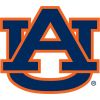
Auburn nearly lost head coach Gus Malzahn to Arkansas last season, but upped the ante to keep him. Good thing, too, because they’re going to need him this fall.
The Tigers beat both Georgia and Alabama last year but got left out of the playoff when they lost the rematch to the Bulldogs. Heading into 2018, they have to replace some key guys, as the NFL has swooped in to snatch up running backs Kerryon Johnson and Kamryn Pettway, linebacker Jeff Holland, and defensive back Carlton Davis.
The Tigers are fortunate to have quarterback Jarrett Stidham back, though, and he’s fortunate to have most of his receiving corps return. Kam Martin takes over at running back for Johnson and Pettway.
Auburn’s toughest conference games are all on the road this fall, as they have to travel to take on Alabama, Georgia, and Mississippi State. They also added a tough out-of-conference game with Washington this season.
All of that will make it a challenge for the Tigers in 2018.
9. Notre Dame Fighting Irish
The Fighting Irish finished the 2017 season with a 10-3 record, but a 2-2 November headlined by an embarrassing loss to Miami really seemed to put a damper on the season.
Now, they head into 2018 with several challenges. The team must replace two standout linemen in Quenton Nelson and Mike McGlinchey. Also gone are running back Josh Adams, receiver Equanimeous St. Brown, and defensive coordinator Mike Elko.
It’s not all bad news for Notre Dame, though. Quarterback Brandon Wimbush returns, as does Ian Book, who will compete with him for the starting position. Whoever wins the job, he’ll have a talented group of receivers to throw to, provided the new offensive line can give them time to connect.
Notre Dame opens the season against Michigan and also has games scheduled with Virginia Tech, USC, and Florida State. They could get 10 wins again this season, but they’ll have to solve their issues in the trenches first.
10. Wisconsin Badgers
Paul Chryst’s Wisconsin team is a model of consistency, regularly winning the Big Ten West and competing with Ohio State for the conference title. If they could only take care of business in the championship game, they’d be positioned for a spot in the College Football Playoff.
The Badgers have to re-tool their defense this season, but nearly everybody is back on offense. Leading the way is quarterback Alex Hornibrook and a wide receiving corps featuring Quintez Cephus, A.J. Taylor, Danny Davis, and Kendric Pryor. The passing game will be complemented by the return of running back Jonathan Taylor fresh off an excellent first season. In all, the offense returns 10 of 11 starters.
The defense has more of a challenge heading into this season, as it loses two ends, two linebackers, and three defensive backs. But standout linebacker T.J. Edwards returns.
With most of the rest of the Big Ten firepower residing in the East, Wisconsin has a relatively easy path to the Big Ten championship game. Continue reading “Gameday on Rocky Top 2018 preseason Top 25”
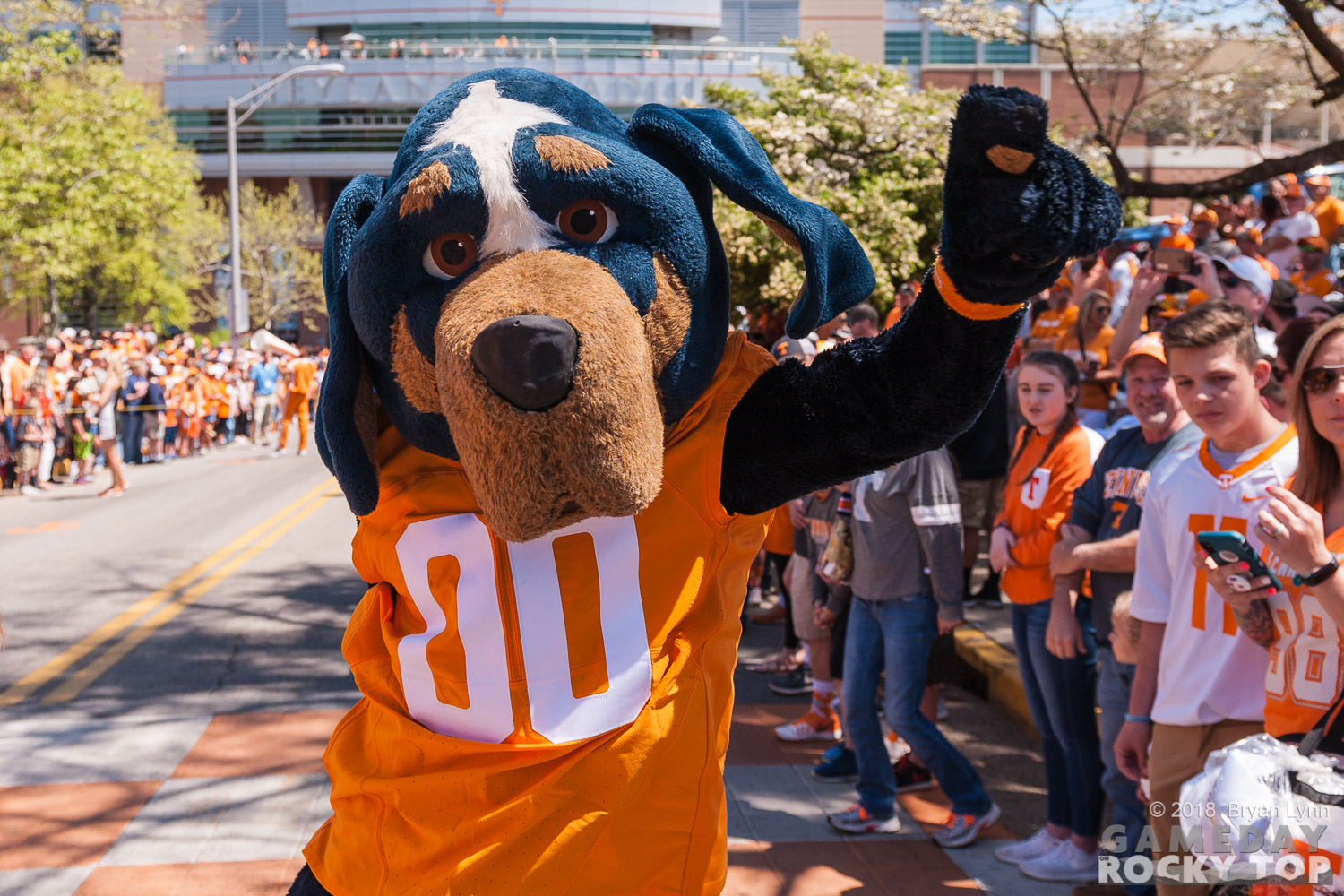
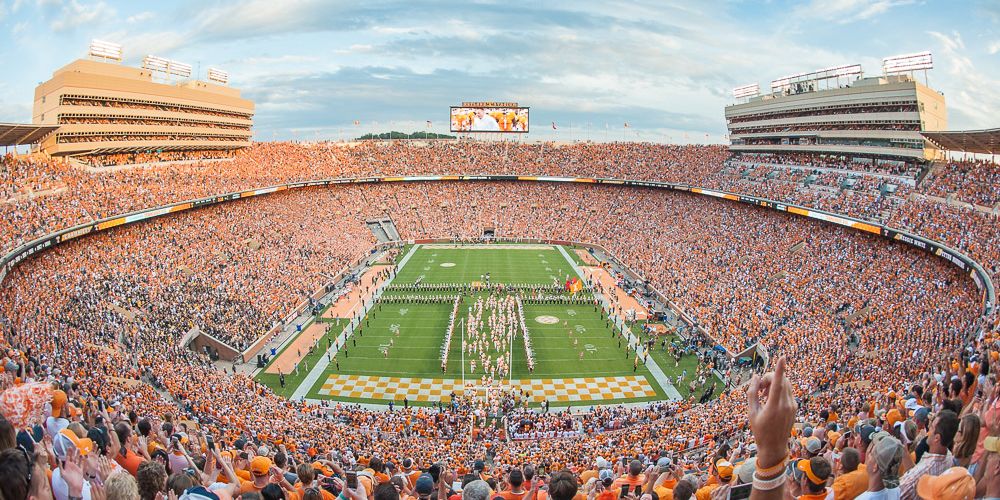
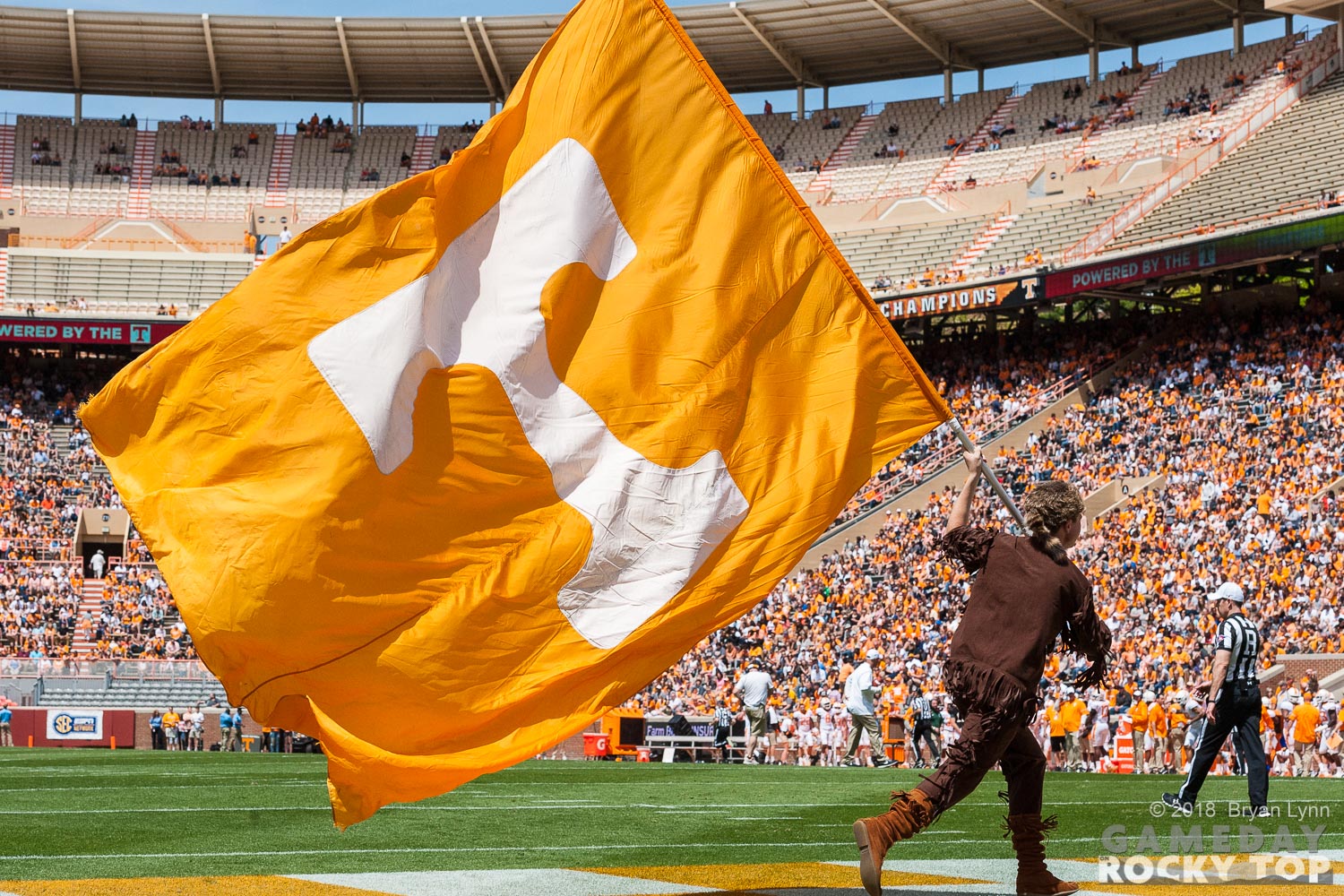
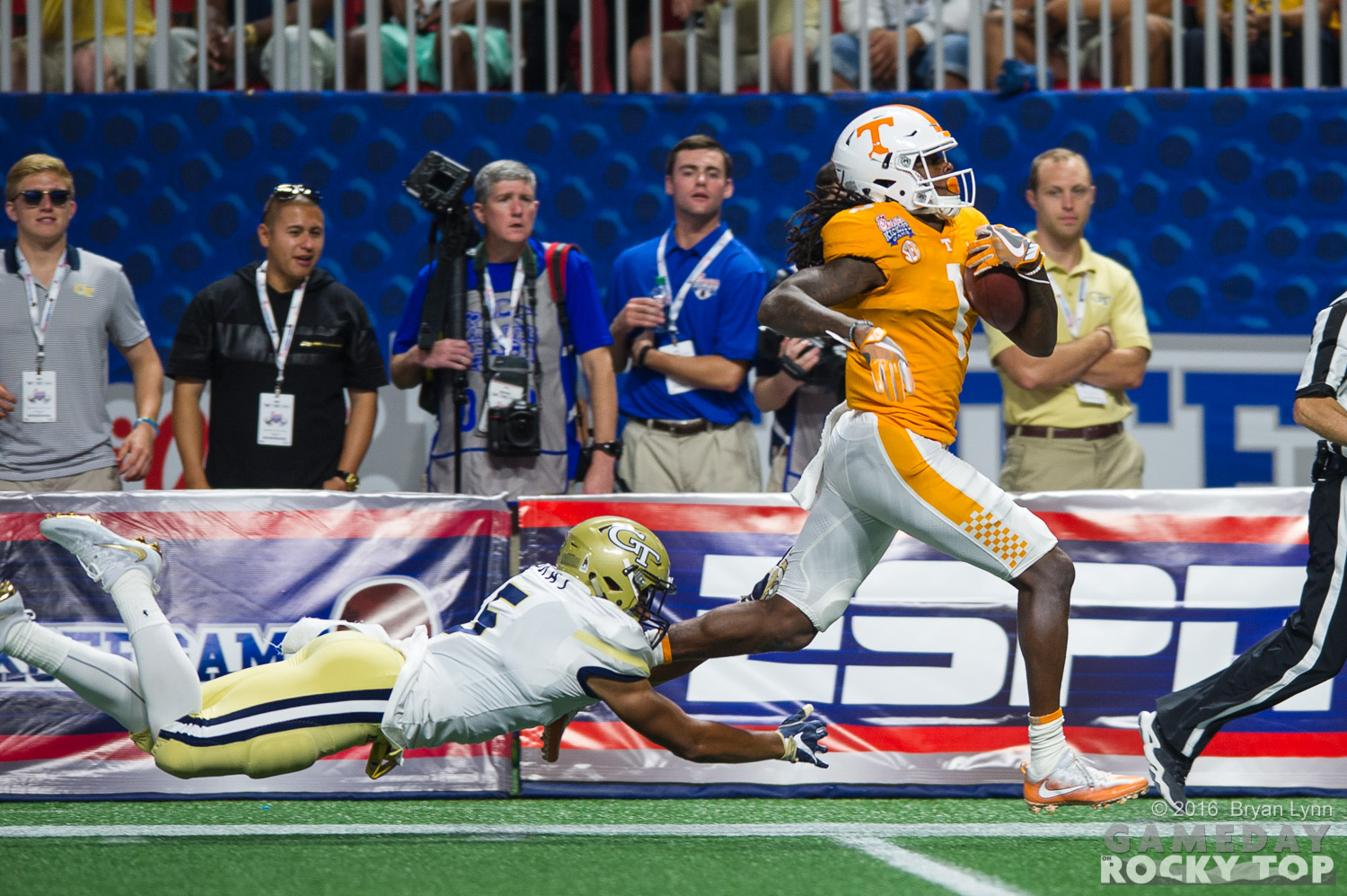











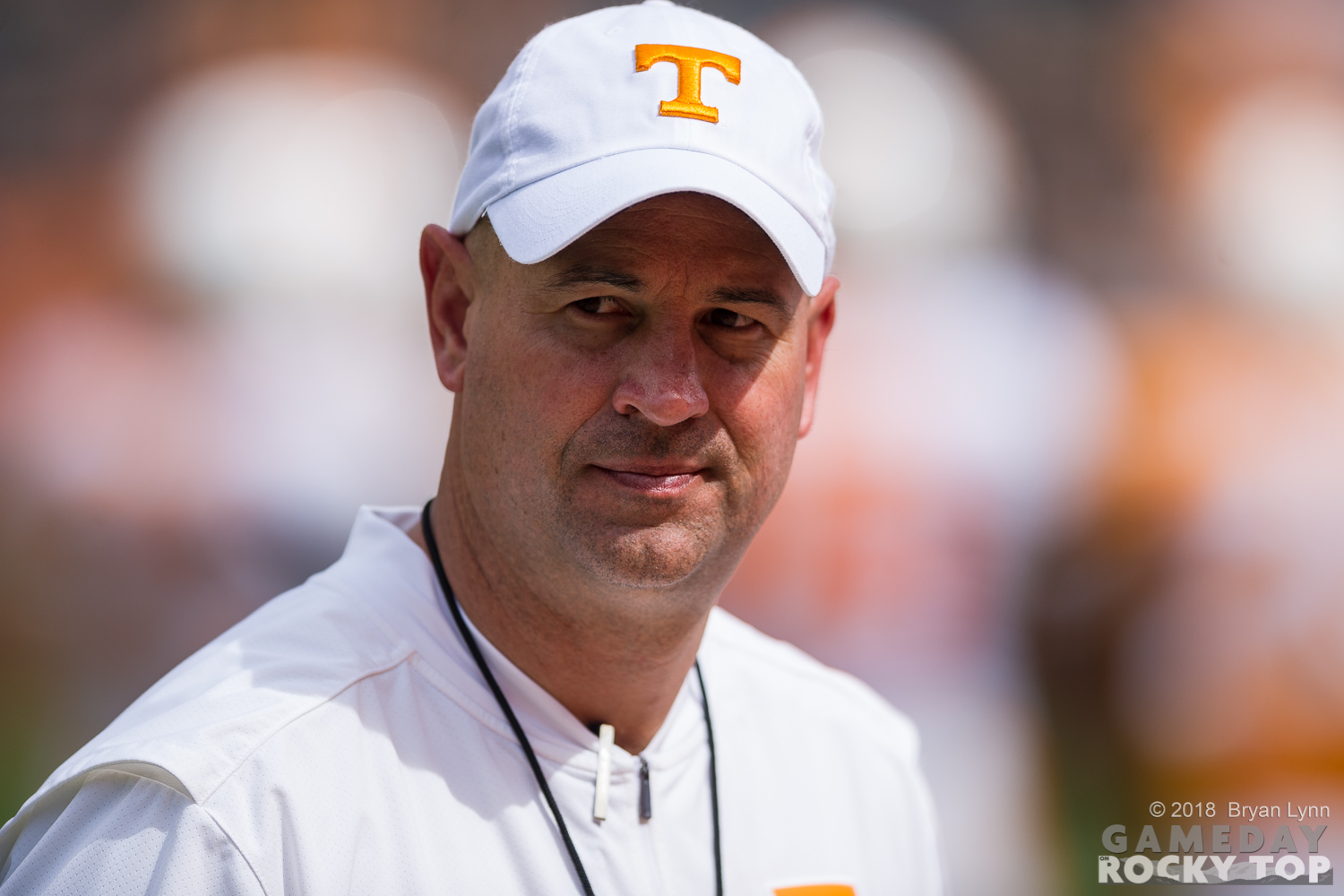
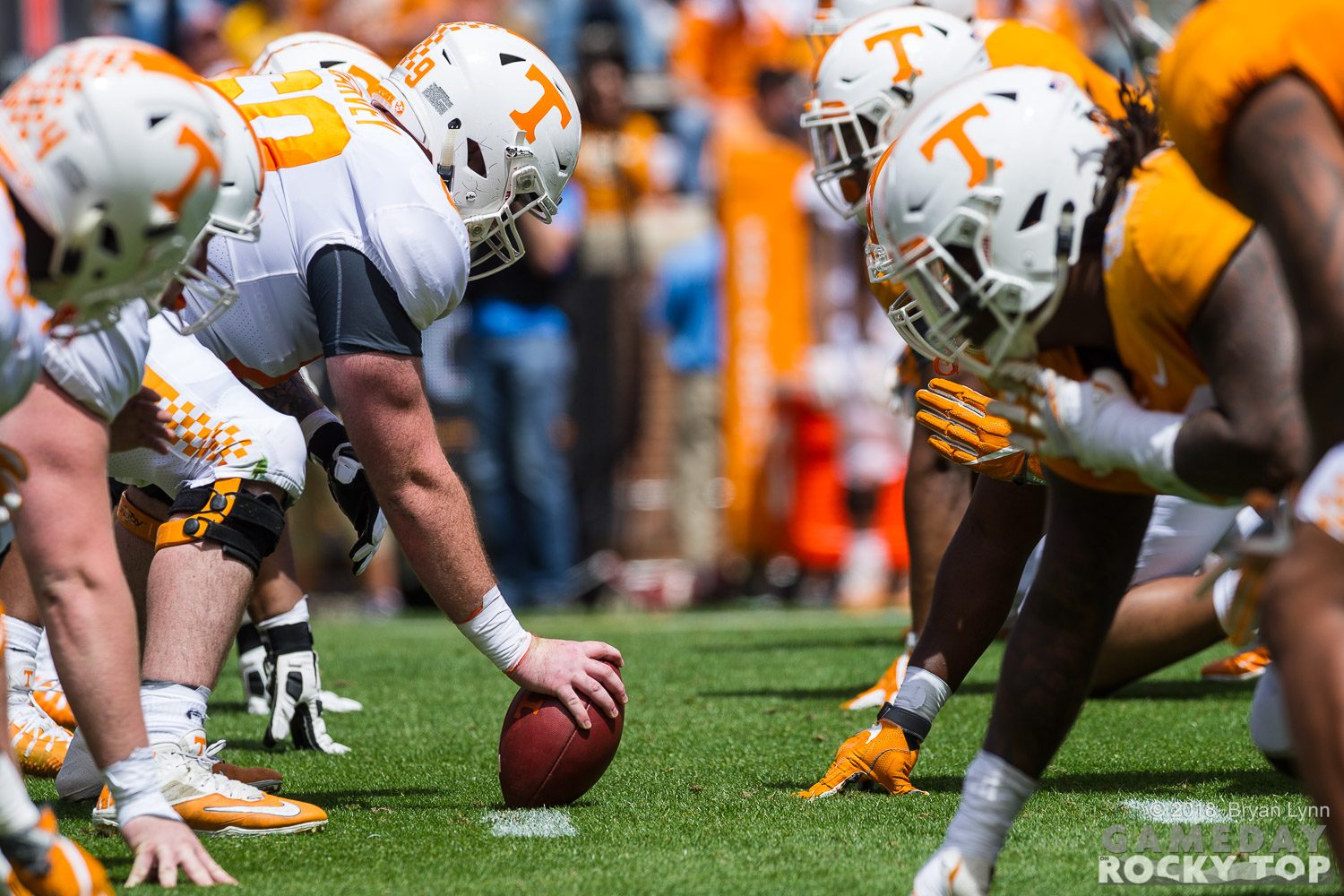
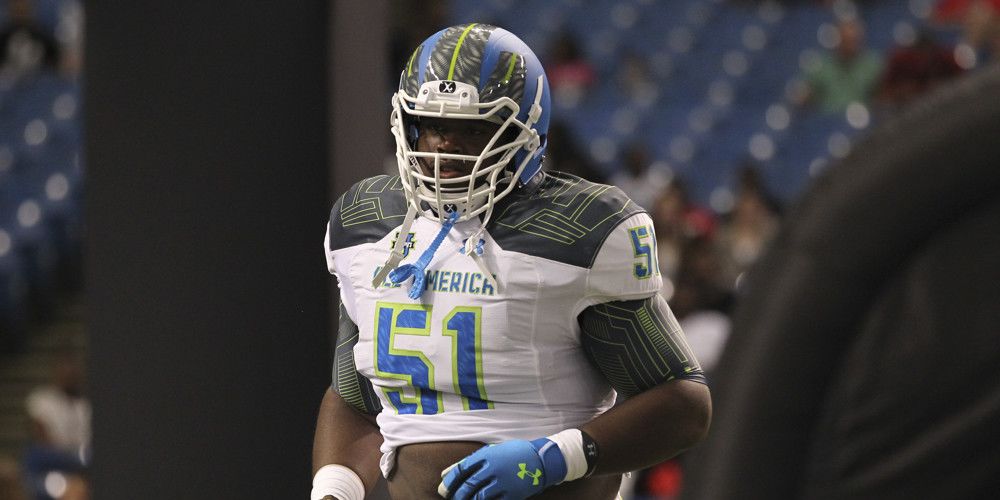
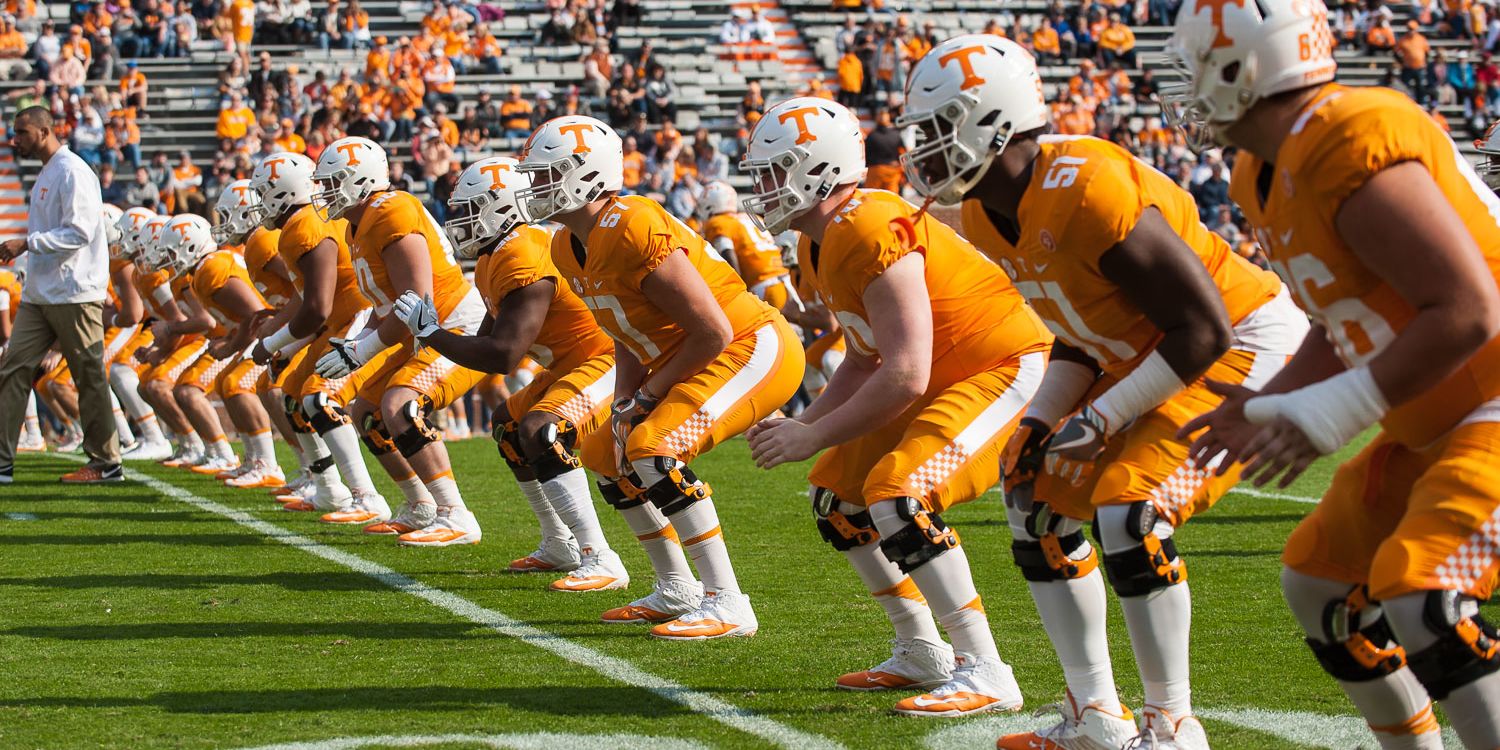
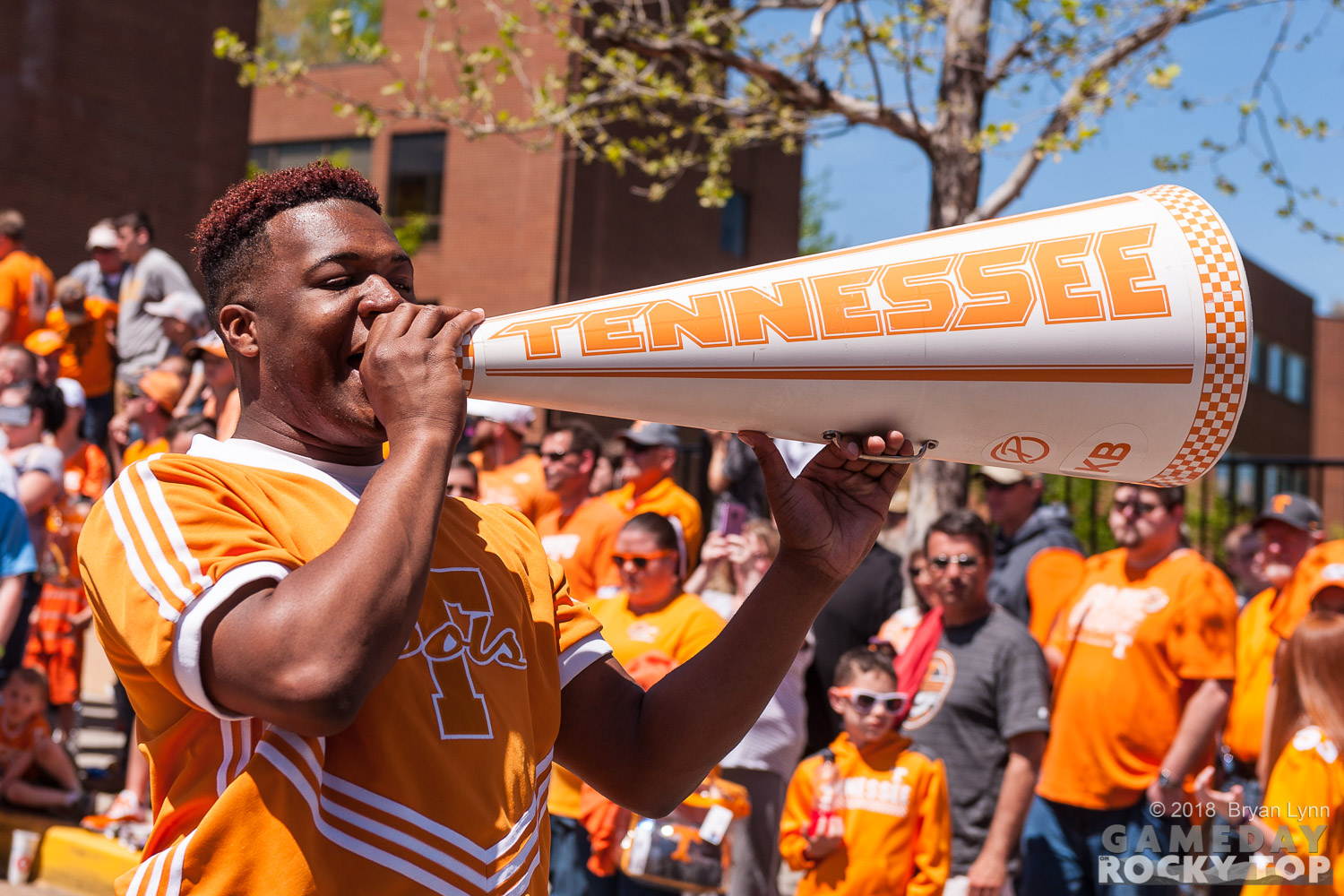
You must be logged in to post a comment.